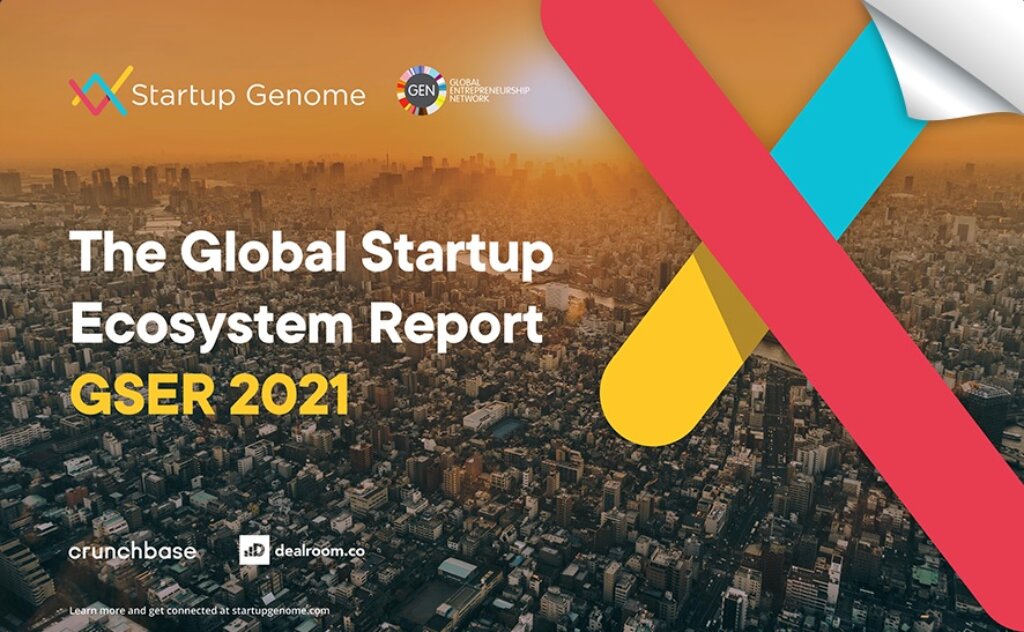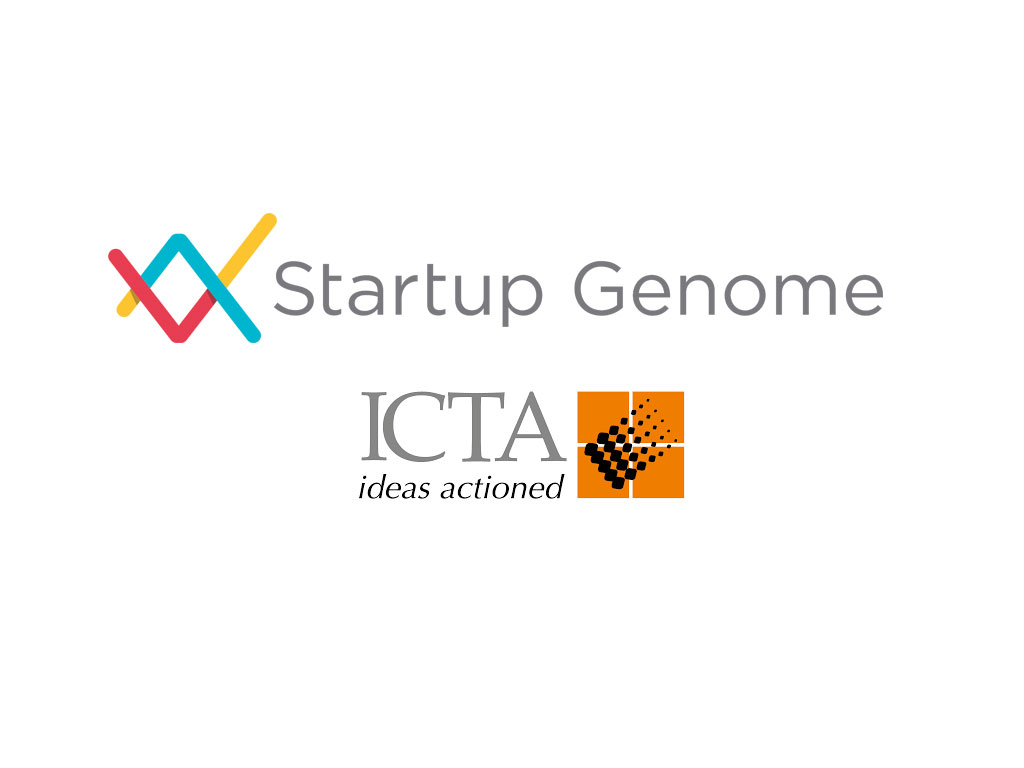The global innovation policy advisory & research firm Startup Genome launched the 2021 edition of the Global Startup Ecosystem report (GSER), in which Sri Lanka’s Startup Ecosystem was featured along with key insights and its way forward after working closely with the ICT Agency of Sri Lanka as a country validating study. Published annually, the report analyses 280 entrepreneurial innovation ecosystems and 3 million startups and includes the ranking of the leading 140 ecosystems in the world, breakdowns by continent with regional insights. The GSER is widely known as the most comprehensive and widely read research on global startups.
The Information and Technology Agency of Sri Lanka (ICTA) through a membership agreement with Startup Genome has been working together since 2016 to explore the untapped potential of the local startup ecosystem and find ways to develop it. Exploring the Sri Lankan startup ecosystem in 2021, the report underscores that the ecosystem is evolving rapidly with measures being taken to nurture local talent, improve business climate and foster international connections that bode well for the ecosystem in the long run.
The report highlights that Sri Lanka is ranked second in the region for ease of starting a startup business, given the recent developments and new laws designated for Colombo Port City as a Special Economic Zone and government’s nod to establish five new technology parks around the island and international collaborations for startup funding. The rapid growth of the ecosystem is backed by the government incentives and timely measures to strengthen the ecosystem.
The report sheds light on the strengths of sub sectors such as Cleantech and Agtech and New Food sectors being highlighted for their density of talent, support resources and startup activities as key drivers of economic growth. The fast-growing stock market, reduced corporate income tax and knowledge driven economy along with ranked as #3 in the Asian region for affordable talent and featured in the top 30 Asian Ecosystems in Bang for Buck are some of the cited reasons a startup should move to Sri Lanka.
Among the key findings of the report, the total value of the Sri Lankan startup ecosystem as at 2021 with a growth of 13% from last year, during the pandemic and creating USD 132 million, total early-stage funding – USD 26 million, Median Series A Round – USD 1.06 million, Median Seed Round – USD 50,000, and Software Engineer salary – USD 6,000.
“Sri Lanka is implementing a holistic and reliant approach to developing our startup ecosystem. Provision of infrastructure through state-of-the-art technology parks, startup-friendly laws and policies, creation of a venture fund, entrepreneur visa, facilitating regional startup hubs are a few of many initiatives that will be implemented in our start-up development strategy.’’ said Jayantha De Silva, Secretary, Ministry of Technology.
“As per the Global Startup Ecosystem report (GSER) findings, the overall growth and performance in Sri Lanka’s startup ecosystem has been impacted by the pandemic. However as the facilitator for technology startup development in Sri Lanka, ICTA will continue to work closely with Startup Genome alongside a strong collaboration between both local and global organisations to further empower and accelerate the start up ecosystem in the country. It is imperative that priority focus is provided for local startups where the performance of the startup eco system would be pivotal in realising the vision of a future digital economy in Sri Lanka as well as position Sri Lanka globally for world class technology products” said Oshada Senanayake, Chairman of ICTA.
For international businesses looking to enter the Sri Lankan shores, the country offers a 5 to 10-year tax holiday to private companies while maintaining a 0% corporate tax rate for the tech sector. There is zero capital gains and zero dividend withholding tax for foreigners. In addition, ICTA’s recent partnership with PwC Sri Lanka provisioned an alternative Credit Evaluation Framework specifically designed for tech companies to expand financing opportunities through local financial institutions. The continuous efforts towards a startup friendly government saw the Ministry of Finance in October 2020 introducing a procurement policy requires any application software bids for the government under a value of LKR 2 million to exclusively go to tech startups. In 2021 the Digital Nomad visa program was introduced, enabling foreign individuals to work remotely from Sri Lanka for 1 year.
ICTA is actively working with the Startup Genome, government bodies and partner organizations to achieve its vision of establishing 1,000 tech startups by 2024.






